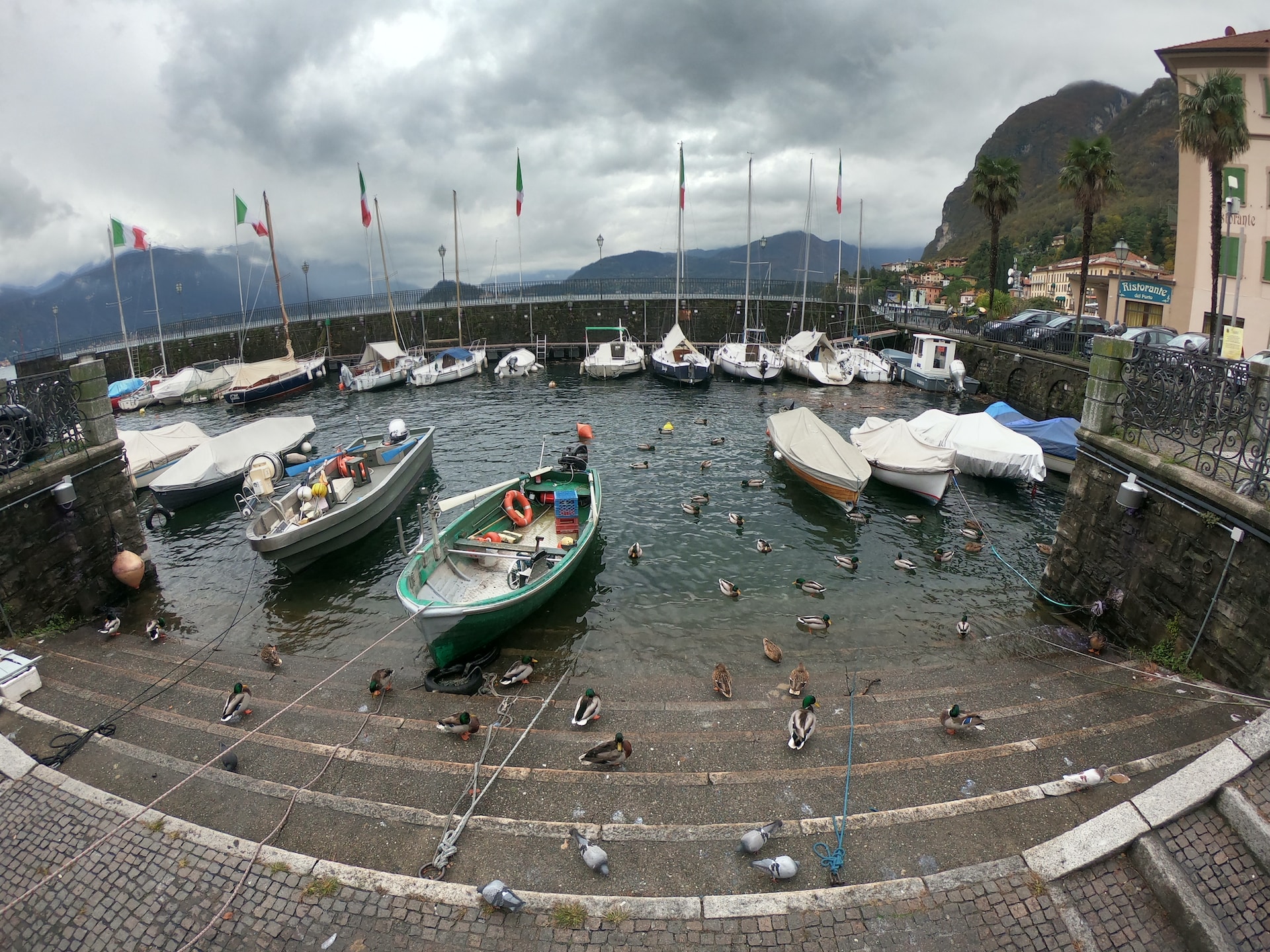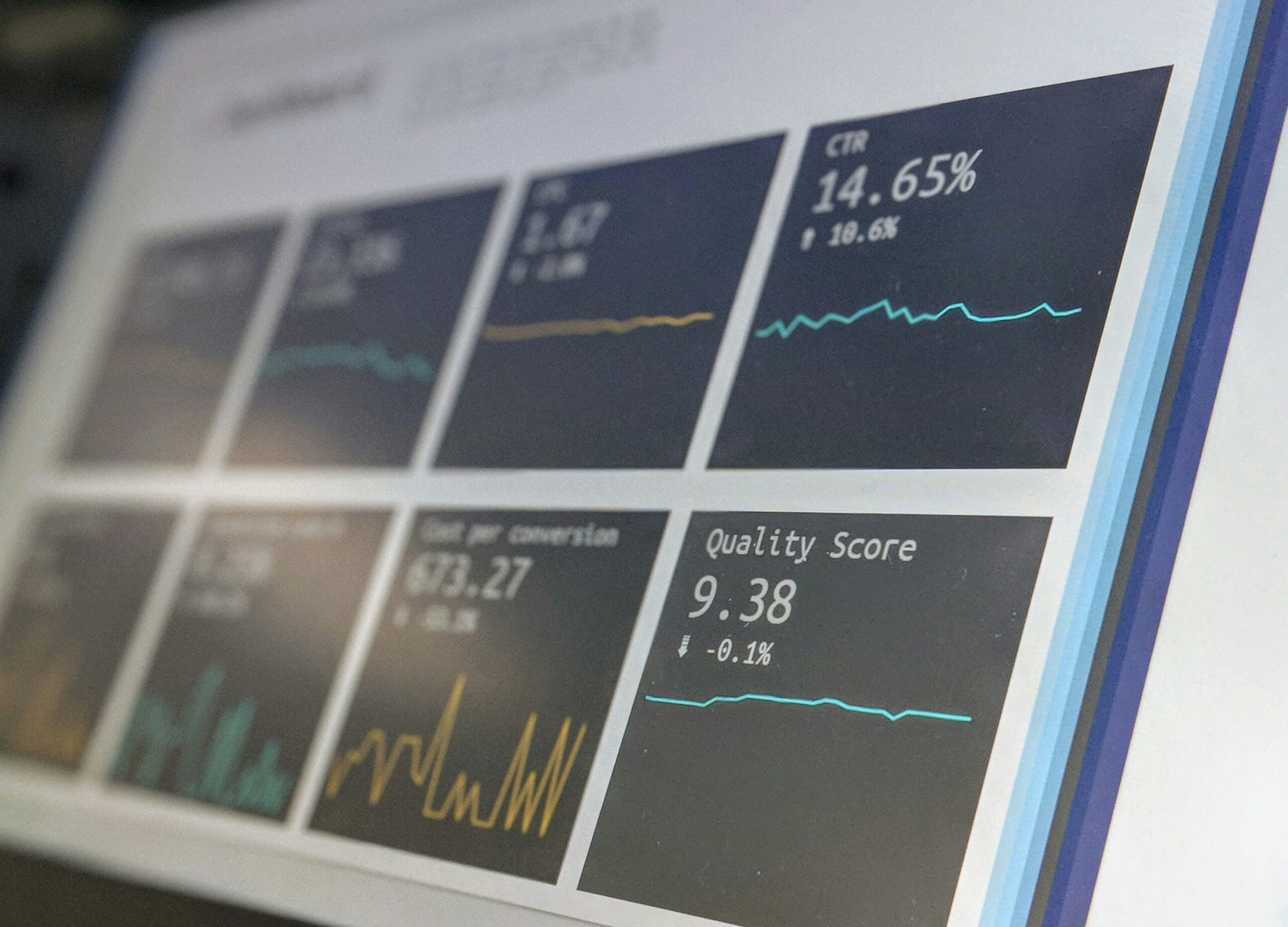The Slovenian government is very interested in foreign investments, which makes it a good business move for you to invest there. Also, Slovenia’s location in the middle of Europe makes it attractive to foreign investors. A few reasons to do business, move, or invest in the Slovenian economy are the country’s good land, sea, and air transportation systems and low-income taxes for companies. To start a business here, you can get money from the government. You can also count on having a lot of business opportunities in this country and in other European countries. One of the safest countries in the EU is Slovenia. It has a capital city that is alive, modern, and friendly. Also, it is between the East and the West and at the center of four large countries. For doing business in Slovenia, it’s especially important that it offers foreign representatives a friendly environment, low taxes on profits, and almost no taxes on property ownership.

Foreign direct investment
According to the rules of the European Union and the OECD, this country is completely open to foreign investment, and it doesn’t make any distinctions between foreign and domestic investors. According to the 2021 World Investment Report from UNCTAD, FDI dropped from USD 1.2 billion in 2019 to USD 529 million in 2020. This was because the Covid-19 pandemic caused an economic crisis. In 2020, it was thought that the total amount of FDI would be USD 20.4. Central Slovenia is the place where the most FDI comes in from other countries. The majority of FDI stocks come from Austria, Luxembourg, Switzerland, and Germany, according to OECD data. But most of Germany’s indirect investments are held through subsidiaries in Austria. The US is also a major investor, and most of its indirect investments are held through subsidiaries in Luxembourg, Sweden, Germany, and Switzerland. Manufacturing, financial and insurance services, wholesale and retail trade, and real estate are the areas that get the most FDI. The latest numbers from the OECD show that FDI inflows totaled USD 1.3 billion in the first semester of 2021. This is up from USD 322 million in the same time period the year before. Austria (24.7%), Luxembourg (13%), Switzerland (11.4%), Germany (8.5%), and Italy (7.9%) were Slovenia’s most important sources of direct foreign investment.
Foreign projects investments
Due to the global economic crisis of 2008-2009 and the problems in Europe since 2011, there has been a big drop in foreign investment. The European Fund for Strategic Investments’ Investment Plan for Europe Program has started projects in the energy sector, rail infrastructure, and a regional center for treating sewage and waste from 2014 to 2020. The country is in a good spot by the Adriatic Sea, its infrastructure is well-developed, and its people are well-educated. The government of Slovenia set up a screening system for FDIs in 2020. Even EU citizens are required to tell the Ministry of Economic Development and Technology about any large investments they make in certain strategic sectors (including infrastructure, technologies, dual-use items, the supply of critical resources, media, etc.). In the latest doing business report by the World Bank, Slovenia is 37th out of 190 economies in terms of how easy it is to do business. In the latest Corruption Perceptions Index by Transparency International, Slovenia is 35th out of 180 countries.
Reasons to invest in Slovenia
Slovenia is a part of the European Union, the Schengen Area, and the monetary union with the Euro currency. After registering a business, it’s pretty easy to become a citizen.
With a GDP of 26.625 EUR in 2016, Slovenia has a high standard of living. Legal entities in Slovenia can buy land for business purposes without any restrictions. Slovenia does not have a tax on buying property. In Slovenia, the corporate income tax rate is 19%, and it is always based on the business year before.
You may also find these articles helpful
Guide on investing in Poland
Guide on investing in Romania
Guide on investing in San Marino






